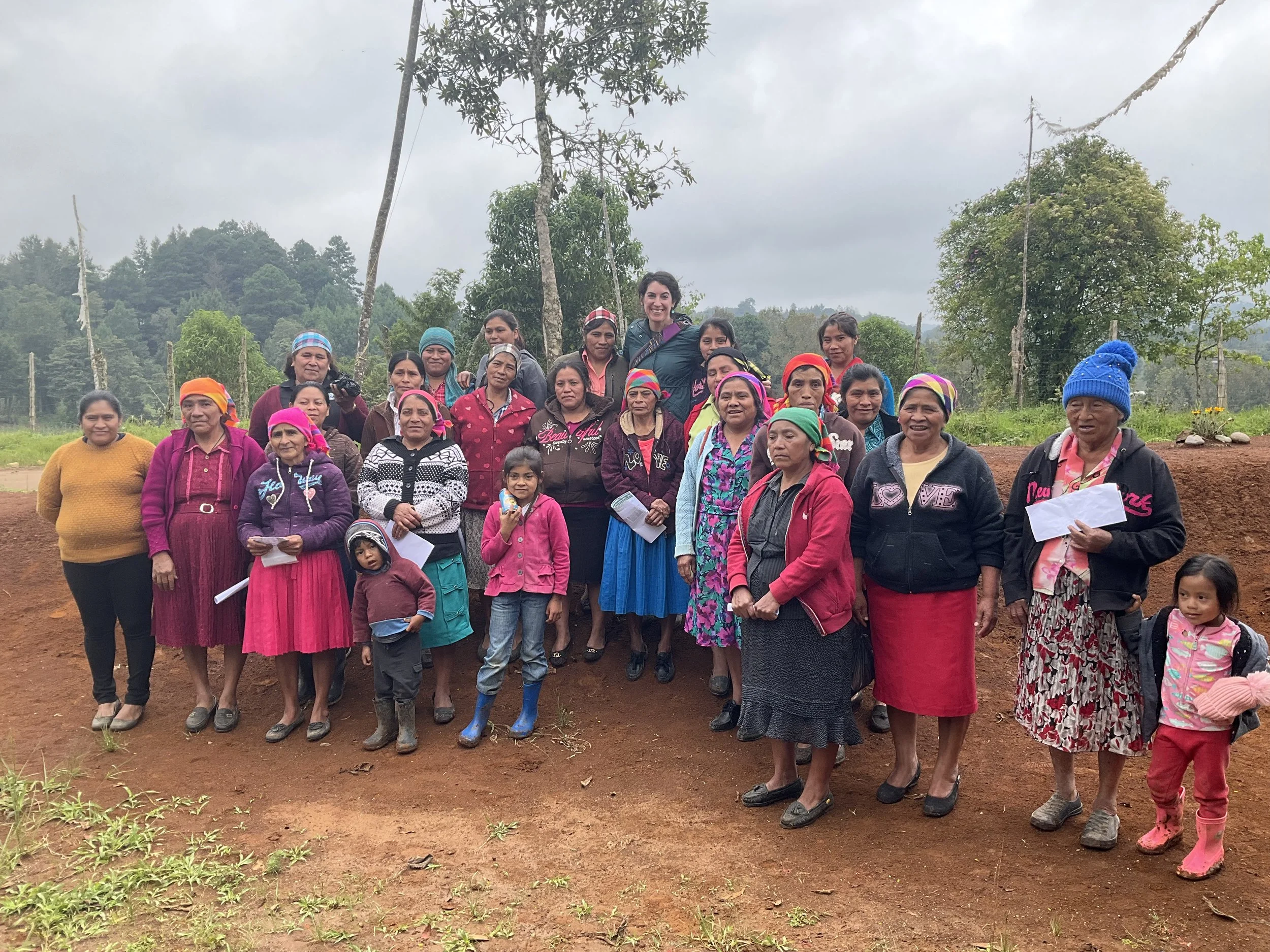Sailing Towards Success: COEAS’ path to preserve their invaluable forest
The members of the ecological committee of the Aldea of Suyapa (COEAS), have many things in common, such as solidarity, empathy and passion, but above all, there is something that unites them: the love for nature.
Stories of Hope and Adversity
Stories of hope and adversity have echoed through the livelihoods of Indigenous voices for time immemorial. There are times for humilIty during a storm and times for resilience. Those stories show us when to have humility and when to have resilience.
Flame of Empowerment
Gloribel Bautista is an Indigenous Lenca woman and Justa clean cookstove builder, who exemplifies the transformative impact of community engagement and education.
Roots of Migration
Five years ago Trees, Water & People ran a campaign - Roots of Migration - speaking to the rise in climate migration out of Central America.
We spoke to the fact that people migrated for three main reasons: 1. Security - including physical violence and sociopolitical violence like corruption, 2. Economic - where people weren't making enough income to live with dignity, and 3. Environmental - where people's land no longer provided for basic needs.
This is The Way
In the early morning, we're preparing for an elk hunt on ancestral lands. Throughout our morning prayer, bull elk bugle in the background, harmoniously marinating with the majestic views. Lingering questions run through my mind. What will be the outcome of indigenous traditions in the future, will it be ancient history, diminished, forgotten? This question has been endured by our ancestors, to the present day, and will certainly be a feat in the future.
FUNDEBASE and TWP: Tackling food insecurity together in Guatemala
It is with joy that we share about the beginning of a pilot collaboration with the Foundation for the Development and Strengthening of Grassroots Organizations (FUNDEBASE) of Guatemala, as part of the goals of the TWP Central American Program to expand into new territories serving the most vulnerable communities in the region.
More Dignified Livelihoods: Beyond economic growth
One of our top priorities is helping create work opportunities that people can be proud of and that contribute to a higher standard of living. As TWP, we want to transcend the notion of "Economic Development" or "Economic Growth", terms that are often far from the real needs and demands of Central American communities and families.
Involving and Empowering Local People
I always ask myself, what’s better than a successful restoration project? Well for me, it's the idea of involving and empowering local people directly into the work and then gaining positive outputs leading to a higher standard of living.
Bringing A Cookstove Intervention Full Circle
Have you heard of helicopter research? It basically means researchers from wealthy countries conduct studies in lower-income countries, collect samples, analyze and publish findings with minimal involvement from local experts, and offer no benefits or report-back information for communities. This is also called neocolonial, parachute, or parasitic research and can be found across scientific disciplines. As a multi-disciplinary researcher in Epidemiology and Anthropology, I cringe to write this. It is familiar both within my own experiences and what I know from colleagues.










